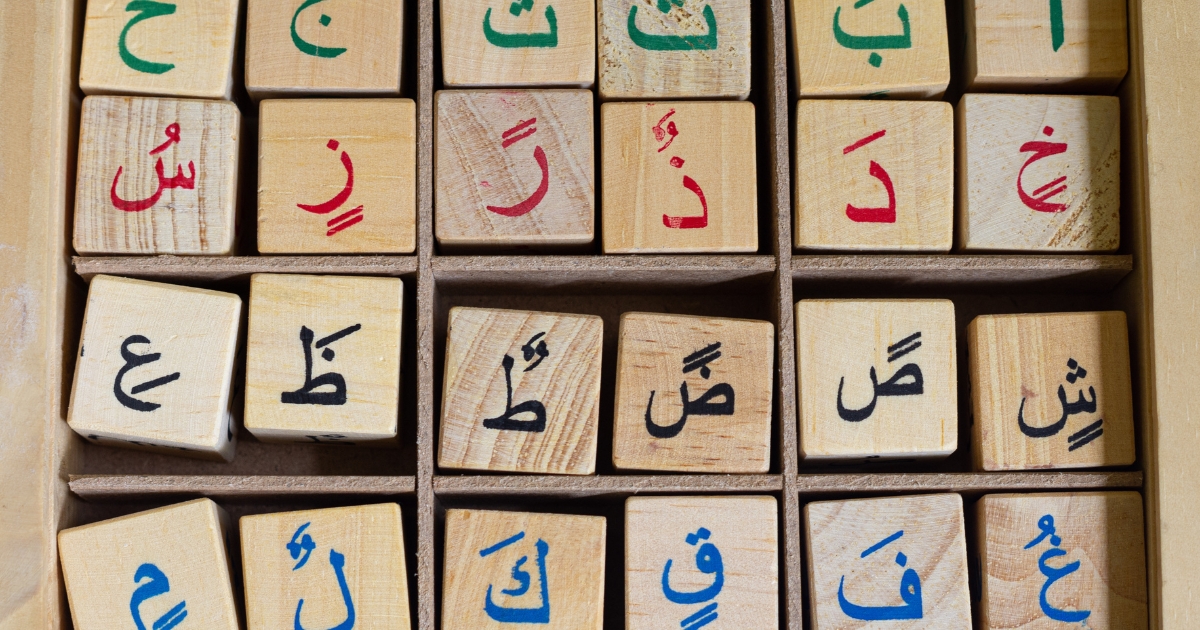If you’ve wondered whether MSA Arabic is worth your time in a world of dialects and short videos, the answer is yes and not just for exams. Modern Standard Arabic is the language of newsrooms, ministries, universities, and cross-border communication. The learners who stick with it aren’t the ones grinding endless grammar; they’re the ones who make small, consistent habits and combine reading and listening with regular conversation time with a native teacher. That mix is where confidence grows.
What makes MSA click for real life
When you learn MSA, you’re building a neutral foundation you can use anywhere in the Arab world. It unlocks media literacy (from headlines to policy briefings), clearer writing, and easier transitions into dialects later. At Arab Academy, we design lessons so that every reading or listening task feeds into a short speaking moment, meaning you don’t just recognize forms, you use them.
Why MSA Arabic still matters in 2025
- Media and academia speak it. News bulletins, political speeches, and most formal publications default to MSA.
- It travels well. In mixed-dialect spaces (events, conferences, online communities), MSA helps you be understood without choosing one local variety over another.
- It sharpens writing. Clear structure and standardized vocabulary make your emails, reports, and applications easier to read.
From lesson to conversation: how we structure progress
Learn MSA Arabic with bite-sized loops
Our approach is simple: read or listen to a short, authentic piece, pull out a couple of patterns, then use them in a guided chat. That loop repeats across levels, so you always know what you’re practising.
MSA Arabic vocabulary without overwhelm
Instead of long lists, we cluster words by function and situation news topics, academic emails, introductions at meetings so new items appear in context and recur across activities. You’ll see a word in a text, then hear it, then say it, then write it. That’s how it sticks.
What a good week can look like
- Two focused conversations with a native teacher one anchored to a theme (news, campus life), another open for questions and real scenarios.
- Short self-practice moments retell a headline in your own words, or voice-note a summary of a lesson.
- One authentic bite read a short article or watch a clip, and bring one expression you want to try next time.
Case notes from Arab Academy learners
Turning headlines into speaking practice
Advanced students often report that, after a few weeks, they can summarize a story aloud and ask follow-up questions naturally. That confidence comes from cycling material across reading, listening, and guided conversation with quick teacher feedback.
Blending online with short on-site boosts
Some learners study online most of the year and add a short Cairo block for small-group classes. They return home with sharper listening and renewed momentum.
Choosing the right path for you
Learn MSA Arabic for study and work
If your goal is university reading, policy writing, or professional communication, start with a structured MSA Arabic course and focus on the situations where you’ll use it: emailing professors, introducing projects, and asking for data.
Learn MSA without losing the human touch
We keep lessons short and practical, and our teachers recast your sentences naturally so you can focus on meaning. Many learners say this is what kept them motivated: the conversation is personal, the goals are clear, and progress shows up in daily life.
Practical tips you can start today
Build a tiny routine
Pick one news topic each week: education, health, or business. Collect five expressions from a short piece and retell the story in your own words. At your next class, use at least two of those expressions.
Track patterns, not just words
When a structure trips you up, write one clean example you like, then swap in your own nouns and verbs to create three new sentences. Test them in conversation.
Keep a use next time list
After each session, write one phrase you want to reuse and one mistake you want to fix. That small list guides your next practice.
How Arab Academy supports your journey
An MSA Arabic course that fits your schedule
Online lessons are available around the clock, and speaking sessions are easy to book. Plans include recurring one-to-one time, so practice is built in.
A curriculum that feeds conversation
Lessons, activities, and guided chats reinforce each other. You’ll meet forms in context, see them again in tasks, and then use them aloud the same week.
Assessment when you need it
If you’re preparing for proficiency checks or just want a benchmark, you can take a placement or proficiency test to map your level across skills and plan next steps.
FAQ quick hits
Is MSA enough if I want to live in an Arabic-speaking country?
MSA gives you access to news, formal interactions, and cross-regional communication. If you plan to settle in one place, your teacher can help you add the local dialect alongside your MSA foundation.
Won’t MSA feel too formal?
It’s formal on paper, but in conversation practice you’ll learn natural turns of phrase and polite ways to ask questions so you sound clear, not stiff.
Ready to Start Your MSA Journey?
Whether your goal is to ace your Arabic studies, work in an Arabic-speaking environment, or simply understand Arab culture better, there’s no better time to start than now.
Join Arab Academy today and explore a full learning experience, one that adapts to your pace, supports your goals, and celebrates your progress.
Your voice in Arabic is just a click away.







